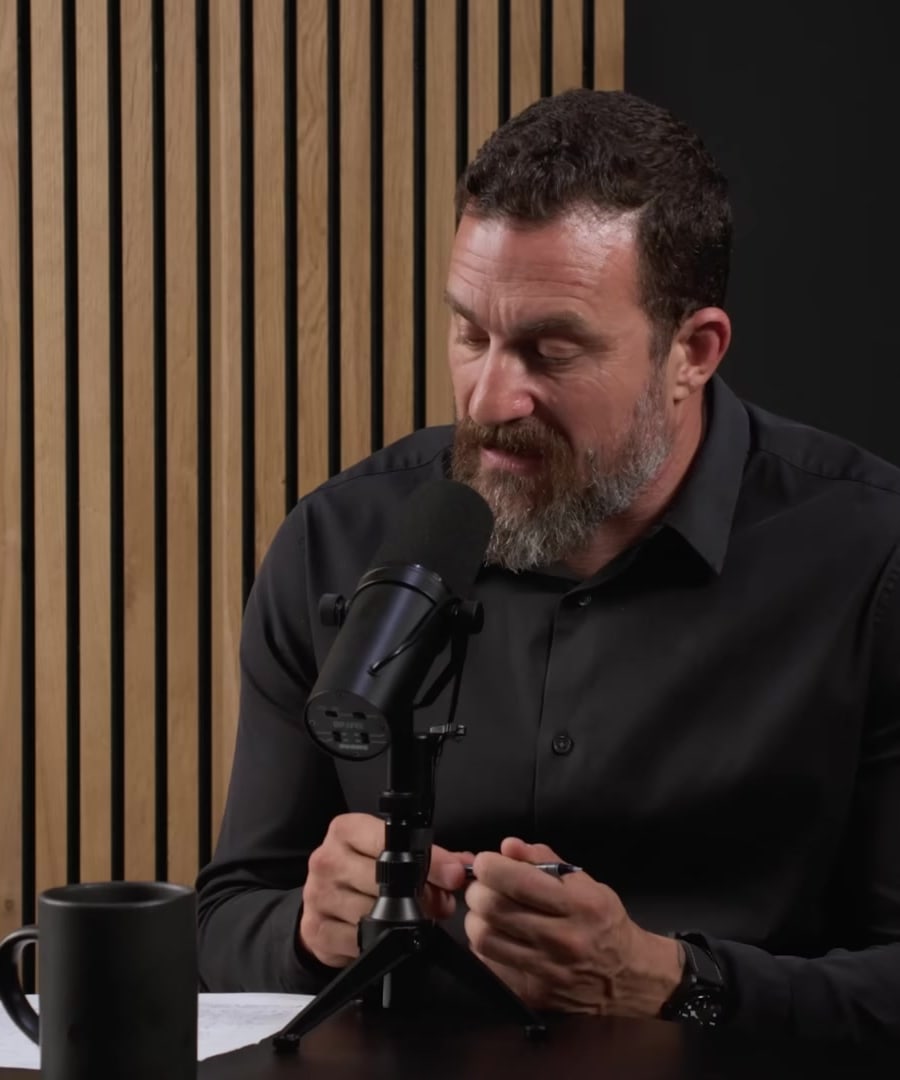Why do we need darkness at night? And for how long? What studies were done on this?
Sources:
Darkness at night is crucial for mental health and quality sleep. Exposure to darkness helps reduce symptoms of depression, anxiety, and PTSD, and enhances sleep quality by synchronizing the circadian rhythm, the body's internal biological clock.
Importance of Darkness:
- Mental Health Improvement: Darkness at night is found to be crucial for lowering suicide risk, depressive symptoms, anxiety, and PTSD, independent of light exposure during the day 1.
- Enhanced Sleep Quality: Darkness signals the brain to release melatonin, the hormone that promotes sleep and regulates sleep cycles, thereby improving sleep quality 2.
Studied Duration:
- For optimal benefits, about 6-8 hours of darkness per night is recommended. This consistent exposure to darkness aligns with the body's natural circadian rhythm supporting both mental health and sleep quality 3.
Studies:
A landmark study published in Nature Mental Health analyzed the light and darkness exposure patterns of over 85,000 individuals, finding significant correlations between exposure to sunlight during the day and darkness at night with reduced mental health issues 1 3. This study emphasizes that both light and dark exposures are crucial, functioning independently but synergistically, to impact well-being.
In summary, maintaining a dark environment during the night is not just about sleep but crucially involves broader neurological and psychological benefits.
RELATED QUESTIONS
Why do we need darkness at night? And for how long? What studies were done on this?
- RELATED QUESTIONS


